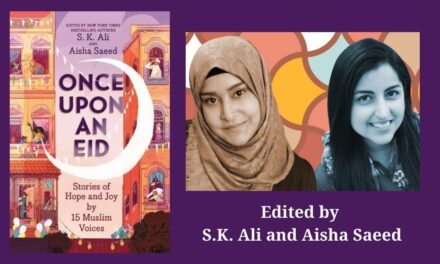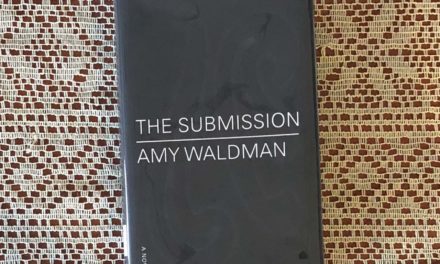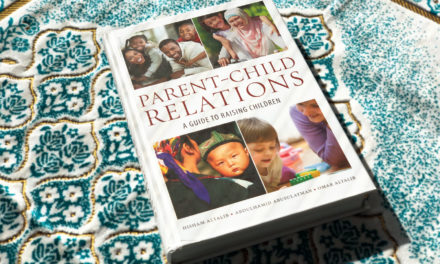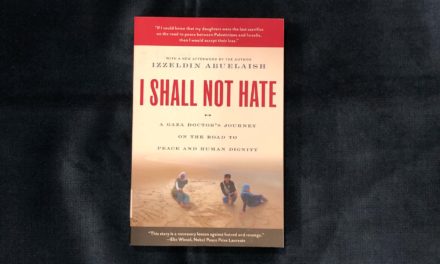Elise Bellin, Librarian of the Islamic Resource Center, wrote this book review as part of an ongoing series that focuses on a range of books within the IRC collection as a service to the community.
The Internet in the Arab World: Egypt and Beyond by Rasha A Abdulla (2007)
ISBN: 9780820486734
Freedom of information is something that is near and dear to my heart as a librarian. It allows us to create informed opinions and forms the basis for learning, growing and even just keeping up in a world that is evolving at an ever increasing rate. The internet and the access it grants is a key portal in the advancement and learning on a global scale as it connects us all. It is a cultural watershed reshaping entire informational and educational vistas into new paths and allowing people to connect in ways that have never before been dreamt of. In an eternal struggle for equality and justice, it has helped to not only open doors for people to communicate and organize but to illuminate so that the world can see struggles that exist that otherwise would be swept under the proverbial and metaphorical rug.
It is also true that you cannot have the good without the bad. As such, it can also be a means used by detractors, bullies, and propagandists looking to tear down that good or suppress certain people’s (or everyone’s) advancement through use of lies, hurtful truths, and “fake news” under the guise of news sites, political leaders, foreign agencies, and crazies, just to name a few. It is the hazard of leaving Plato’s proverbial cave of ignorance for the light of informational freedom and the choice to become a better self. We are in charge of sifting through, verifying and validating everything thrown at us to find our truths and beliefs. Otherwise we are perpetually at the mercy of those in power as the whim strikes them. Nothing bad ever came of that, now did it? Anyone care for a tyrannical totalitarian regime? What about something smaller. An internet troll, perhaps? No? I wonder why. What does this have to do with our current book? Let’s take a look.
The Internet in the Arab World takes on the preconceived notion that the Middle East is perpetually tied to a very traditional, overly conservative backwater culture and peopled by an oppressed population with limited access to the outside world. It looks at how the internet is shaping culture and that, though initially slow in adoption and as of publication much lower rate of penetration than the rest of the world, is quickly gaining momentum and a decade after publication has actually reached about 10% higher penetration rate than the global average. Abdulla examines the whys and hows of internet adoption and accessibility in the Middle East, including the disproportionately low percentage of Arabic language sites compared to other languages considering its otherwise rank of one of the most prolific languages on Earth, how such lack of language access hampered expansion, how conservative or more strictly controlled governments dealt and evolved with its presence, and the myriad ways it has benefitted Muslims and nonMuslims alike around the world.
It isn’t all roses though, she freely admits. The internet is open for anyone to use, and as such falsehoods, propaganda and “fake news” proliferates, even in (or maybe especially in) controlled countries. You have to use your God-given brain. Just like in print, “If something does not make sense, check other sources… let your common sense and your mind be the judge, and follow your heart” (75).














